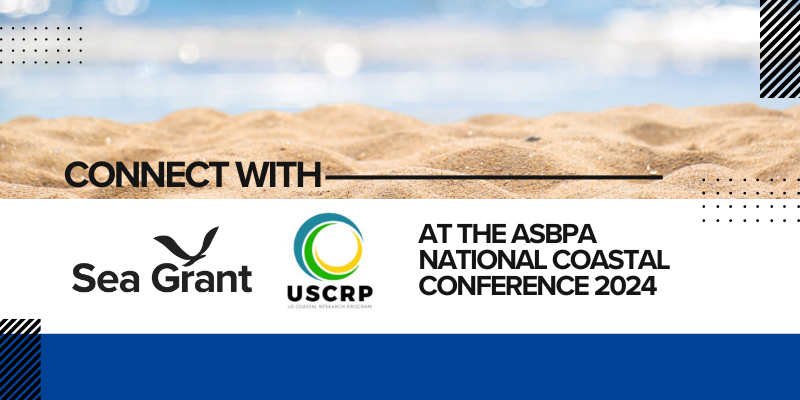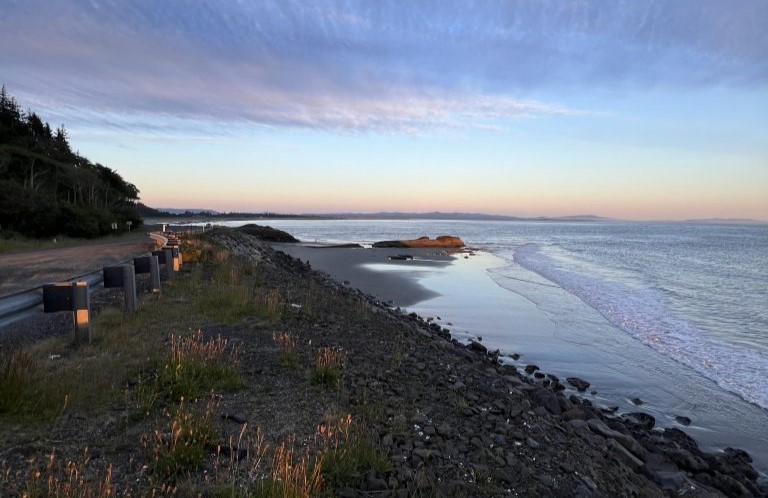In 2016, the Western Association of Fish and Wildlife Agencies passed a resolution recommending its member states adopt standardized regulations requiring watercraft operators to take certain actions regarding drain plugs and visible plant material on watercraft and trailers. The National Sea Grant Law Center is working with the Association of Fish and Wildlife Agencies to develop standardized legislative and regulatory guidance documents that will be consistent across states in the region.
Why all the fuss about consistent regulations on invasive species across states?
In 2007, an adult quagga mussel, a notorious aquatic invasive species, was discovered at a marina in Lake Mead National Recreational Area. The quagga mussel most likely “hitchhiked” its way to Lake Mead on a boat that had been trailered overland from the Great Lakes. The Western states immediately sprang into action, passing legislation, enacting regulations, implementing boat inspection programs, and conducting extensive public outreach campaigns to prevent the spread of quagga and zebra mussels in the western United States through the movement of watercraft. Each state’s approach, however, was slightly different.
Each state’s approach was slightly different and reduced effectiveness of efforts to prevent spread.
The inconsistencies among states created confusion and frustration among the boating public and reduced the effectiveness of the states’ efforts. In August 2012, state aquatic invasive species policy-makers were brought together to identify legal and regulatory approaches needed to halt the invasion. With funding from the National Sea Grant College Program and other partners, the U.S. Fish and Wildlife Service, the National Association of Attorneys General, Oregon Sea Grant, the National Sea Grant Law Center, and the Western Regional Panel on Aquatic Nuisance Species convened a workshop in Phoenix to engage assistant attorneys general, law enforcement supervisors, and aquatic invasive species coordinators from the nineteen Western states in a regional conversation about the mussel threat.
Efforts by Sea Grant and partners result in an initiative to develop a multi-state approach.
The Phoenix workshop resulted in the Western Regional Panel’s “Building Consensus in the West” Initiative which seeks to develop a multi-state vision for watercraft inspection and decontamination (WID) programs. Over the past four years, the National Sea Grant Law Center has played a large role in the Building Consensus initiative, working with partners to facilitate innumerable meetings and conference calls and providing legal research support. These efforts have enabled state aquatic invasive species coordinators to develop standardized policies and legislative and regulatory language for their WID programs thereby transforming aquatic invasive species management throughout the West.
While invasive mussels continue to be a problem, resources managers now have regional support and structure to address the invaders in a more effective manner.
Zebra and quagga mussels are continuing to spread through the interconnected water systems of the West. Although some battles may be lost, the war is not over. Resource managers in the western states have better working relationships and stronger laws today than they did four years ago as a direct result of the Building Consensus efforts. And now, the resource managers have the support from a key regional organization to continue their efforts to protect aquatic ecosystems and resources throughout the region.
For more information on the Building Consensus initiative and the National Sea Grant Law Center’s role, please visit: http://nsglc.olemiss.edu/projects/model-legal-framework/index.html.


